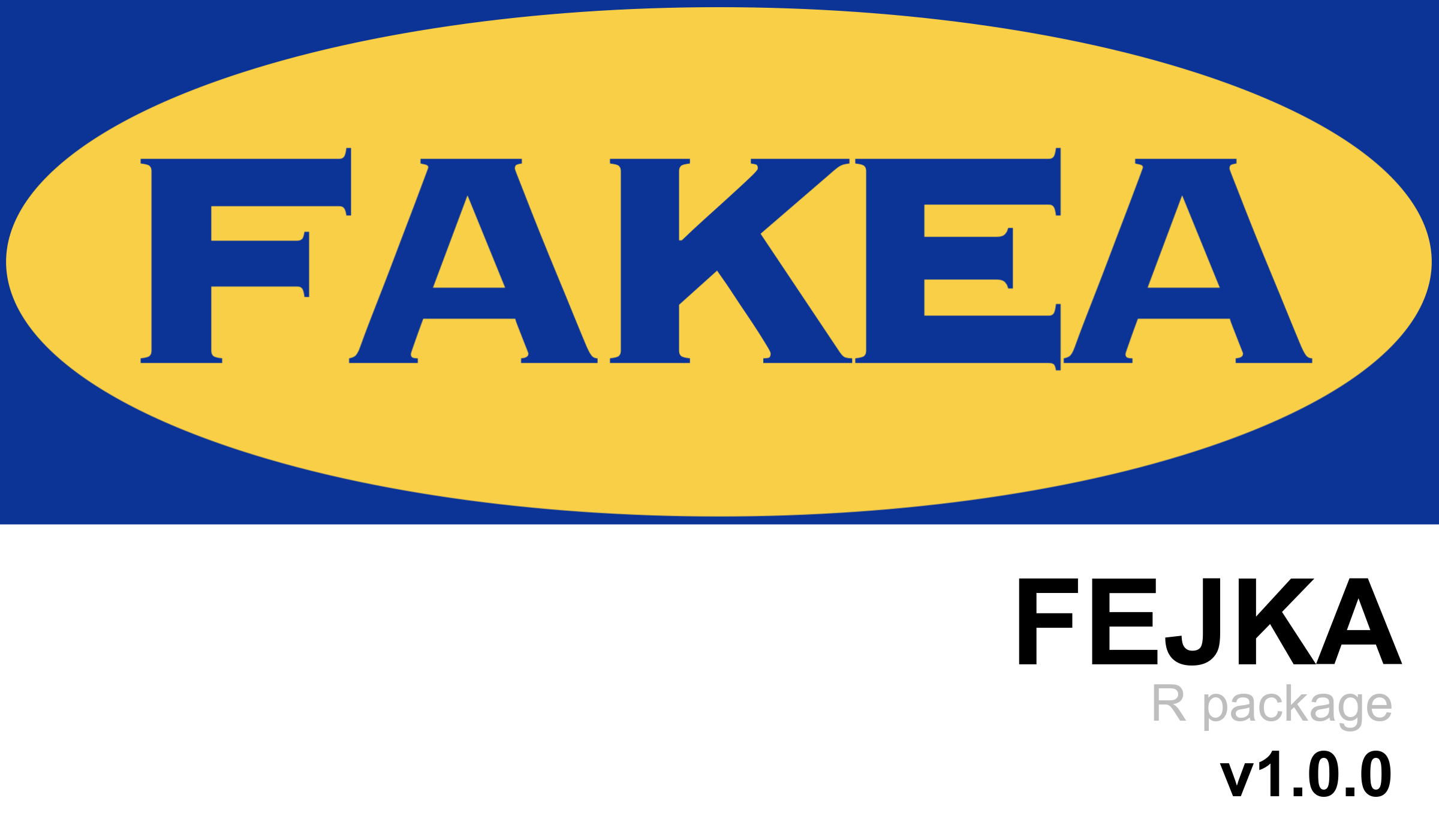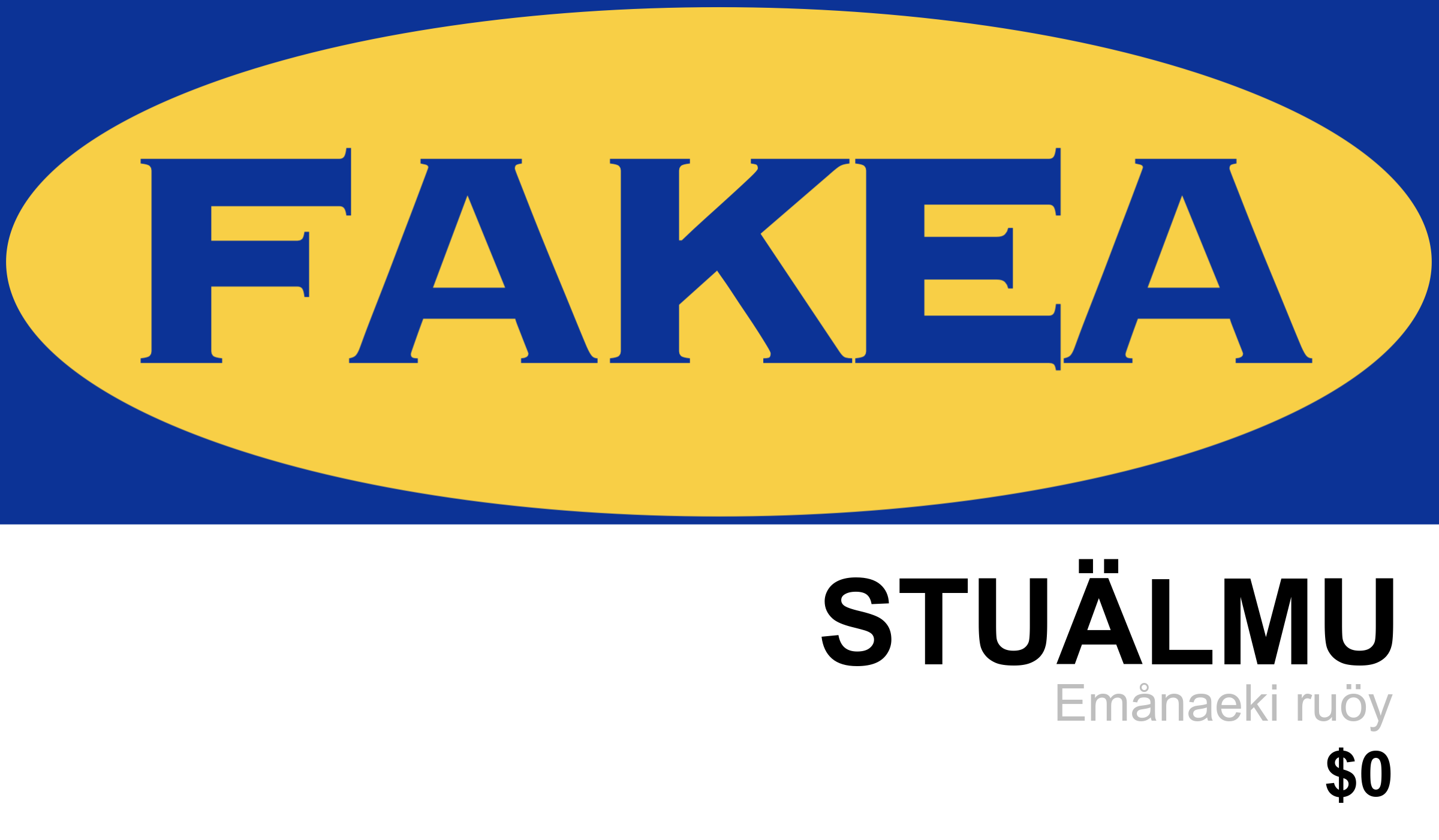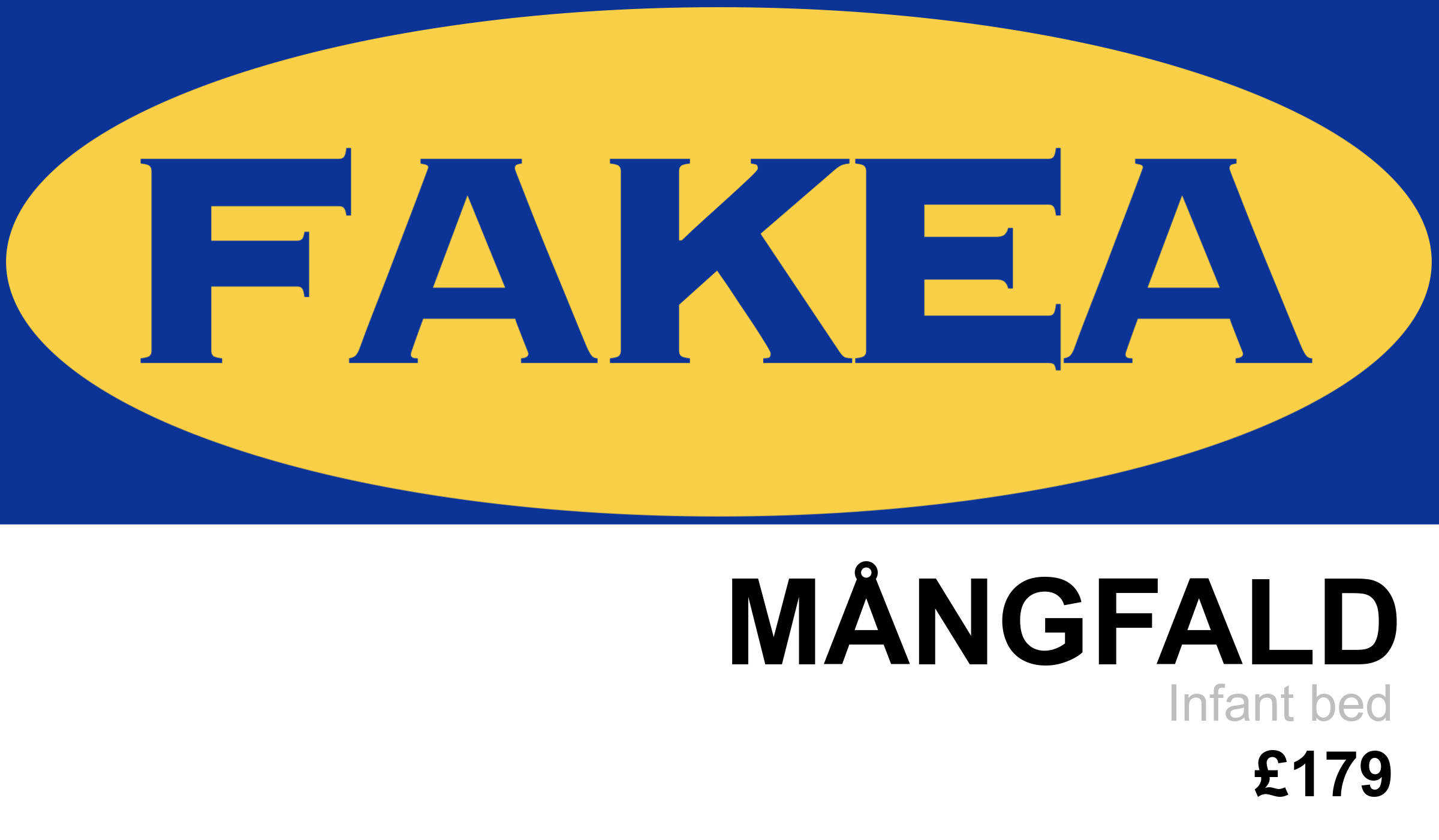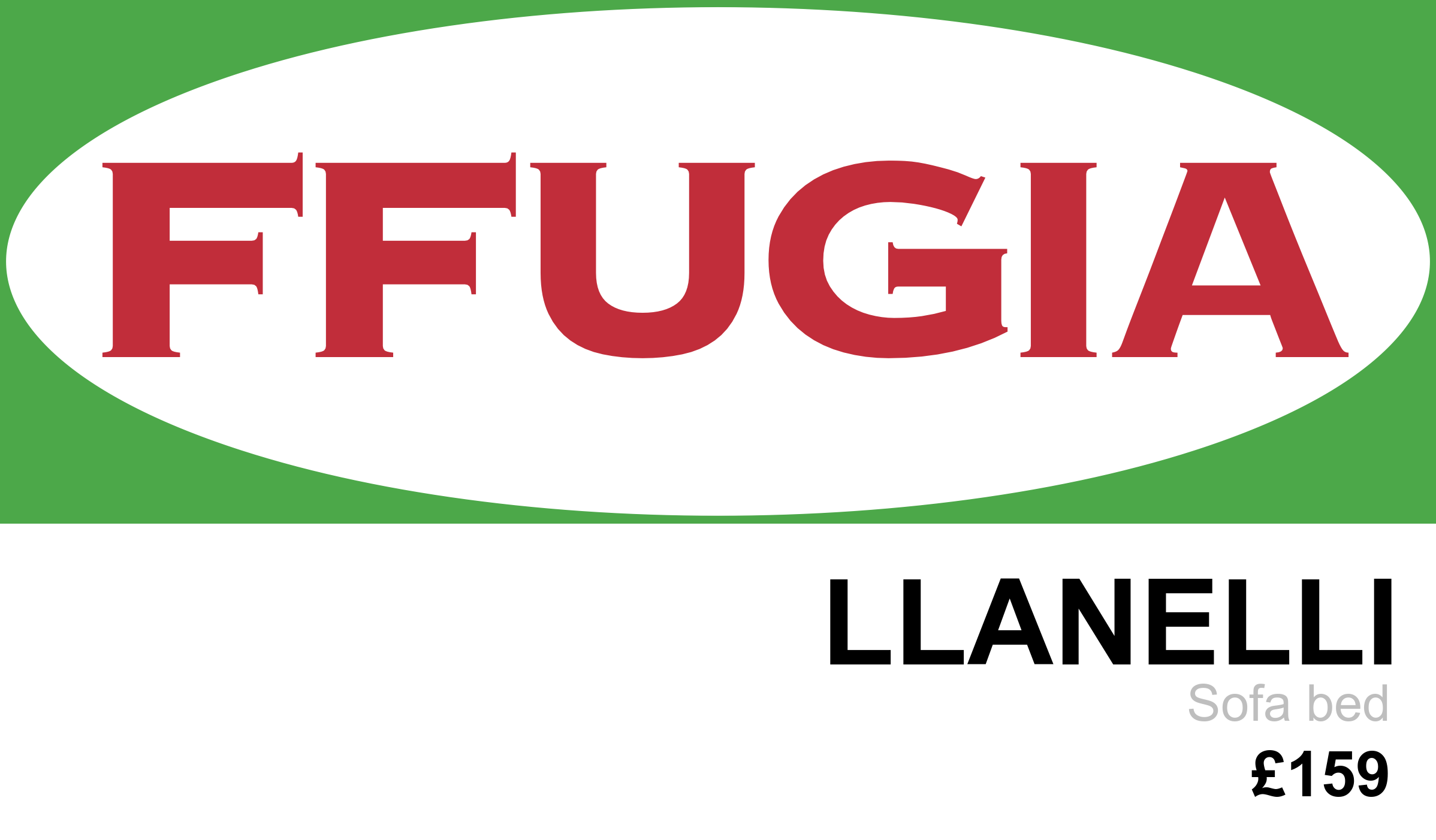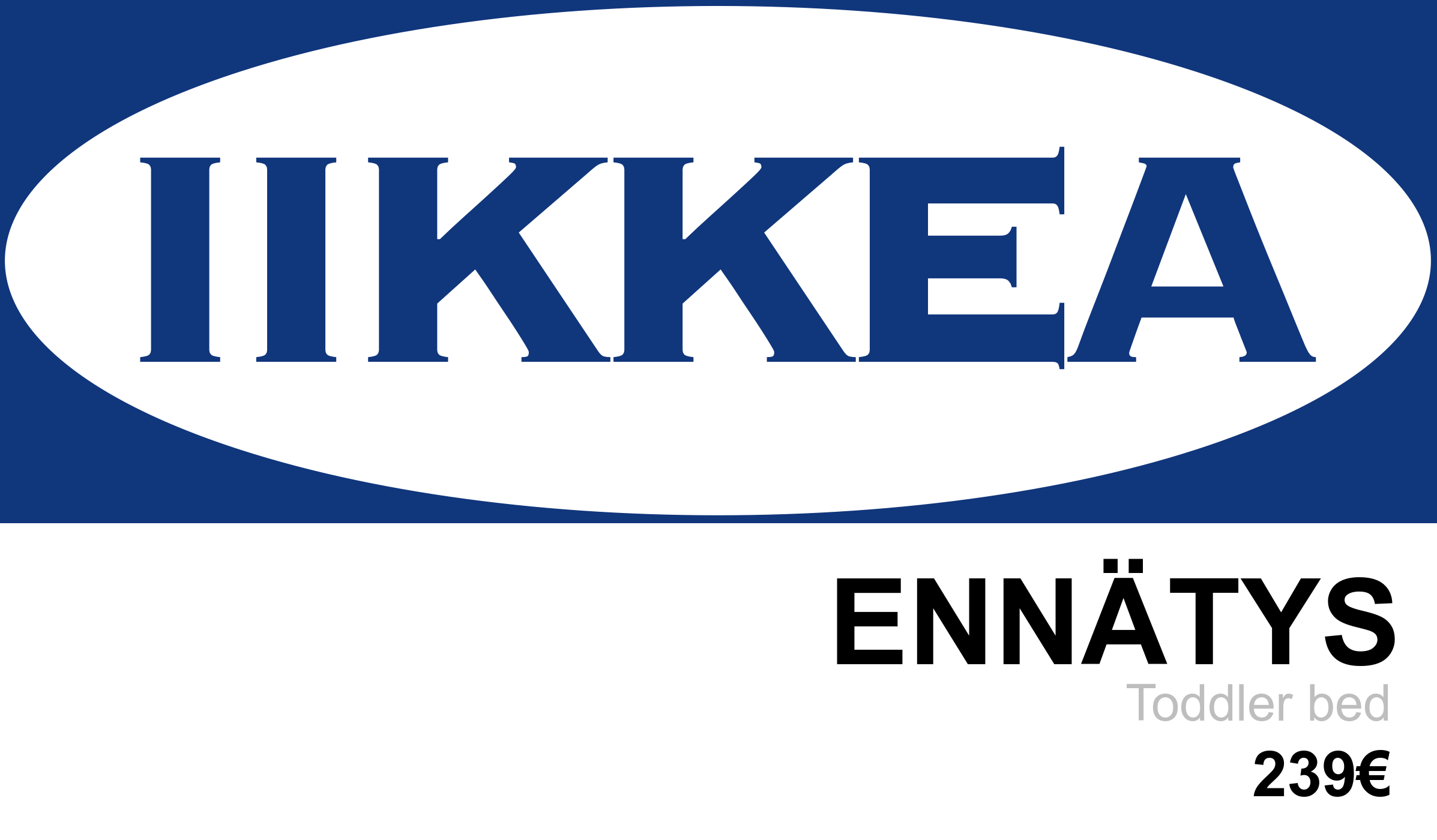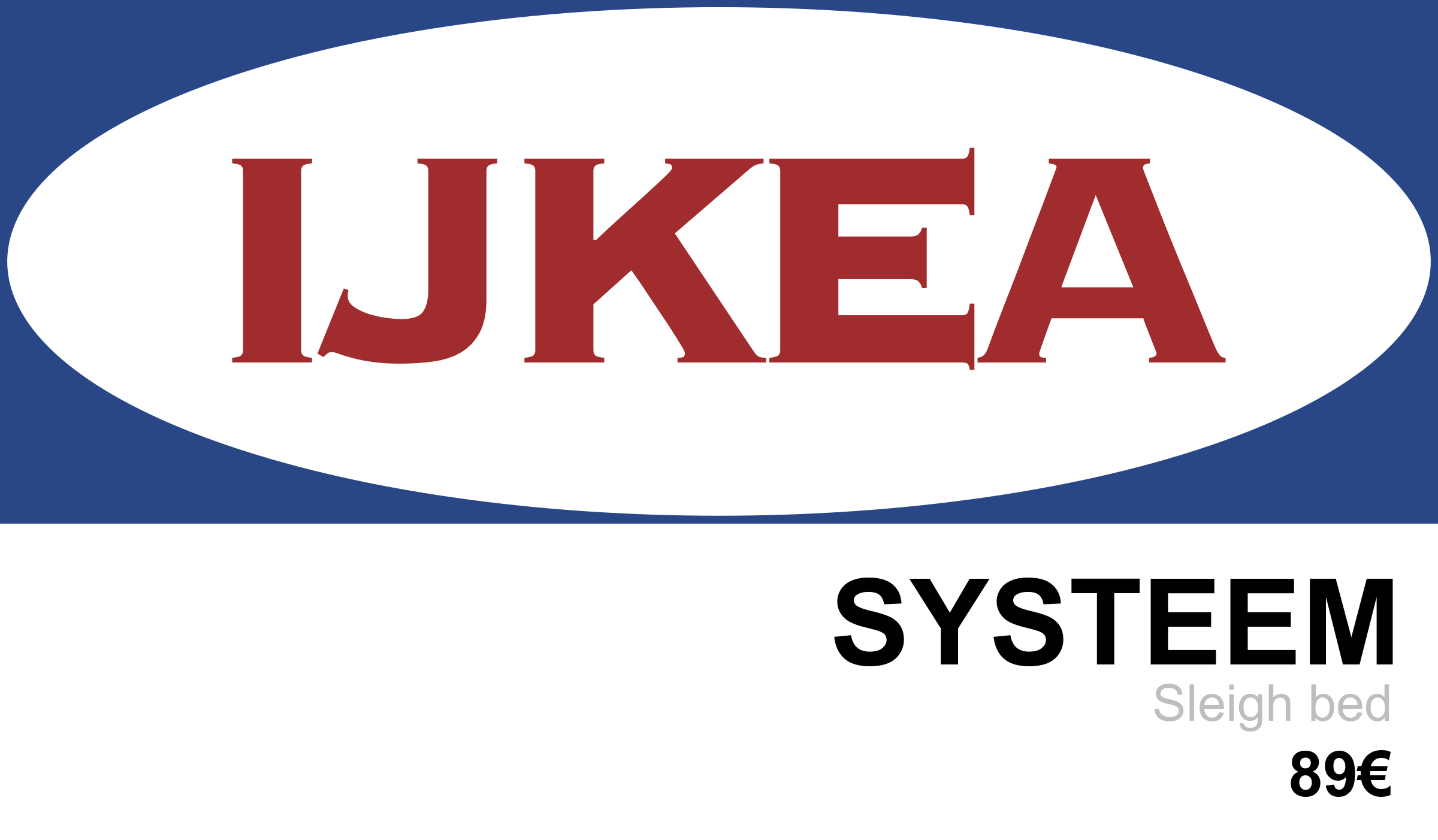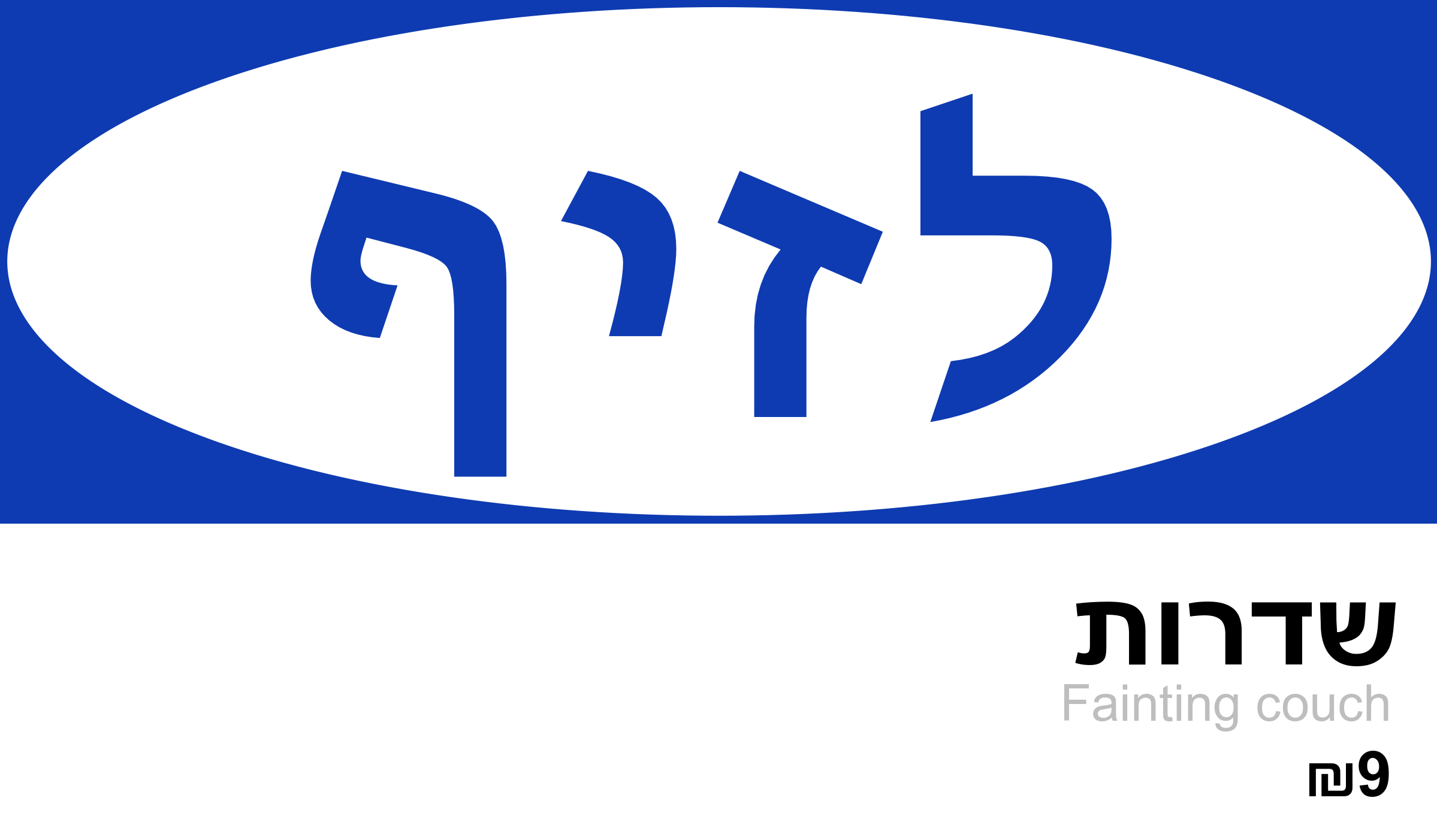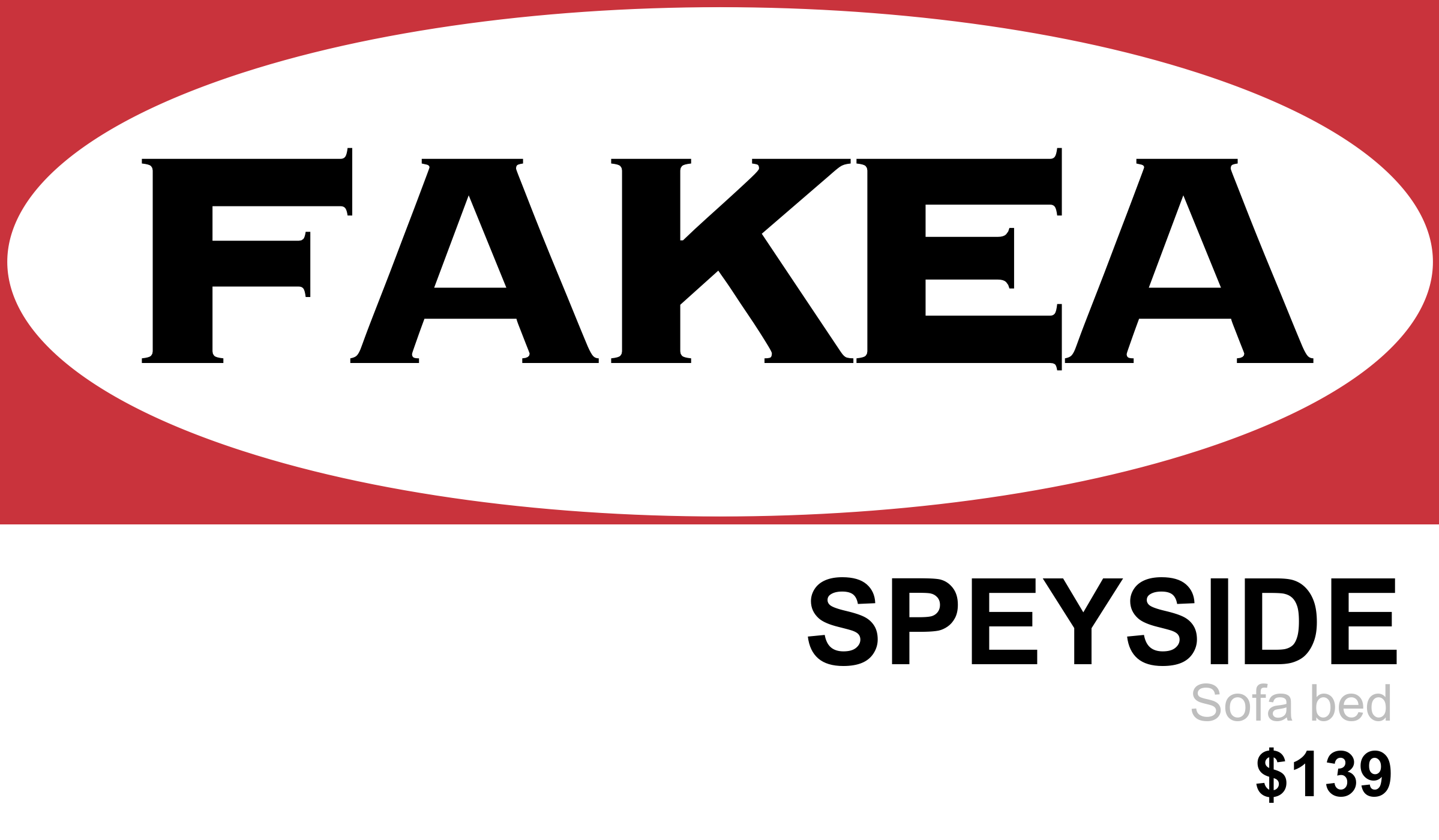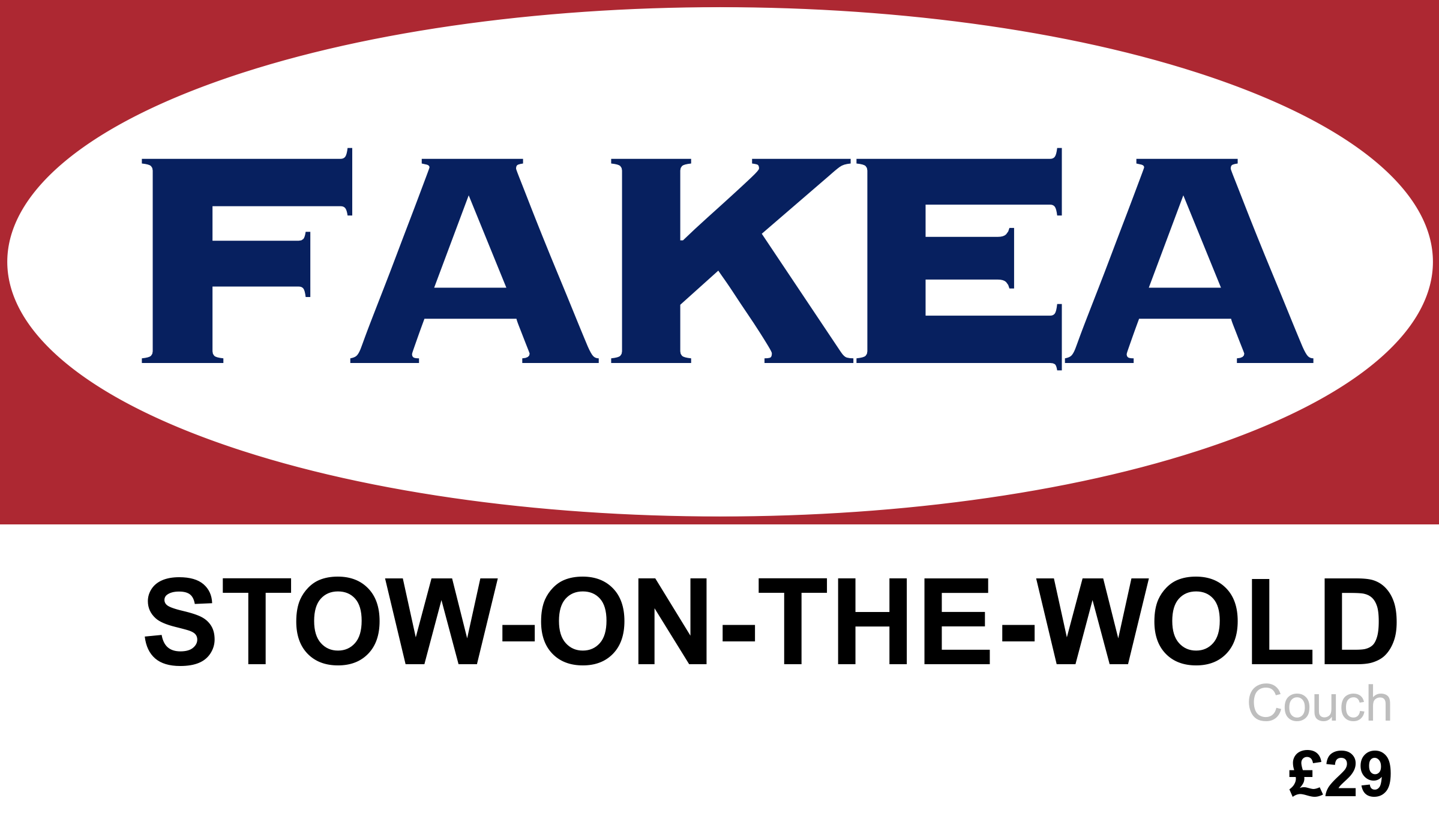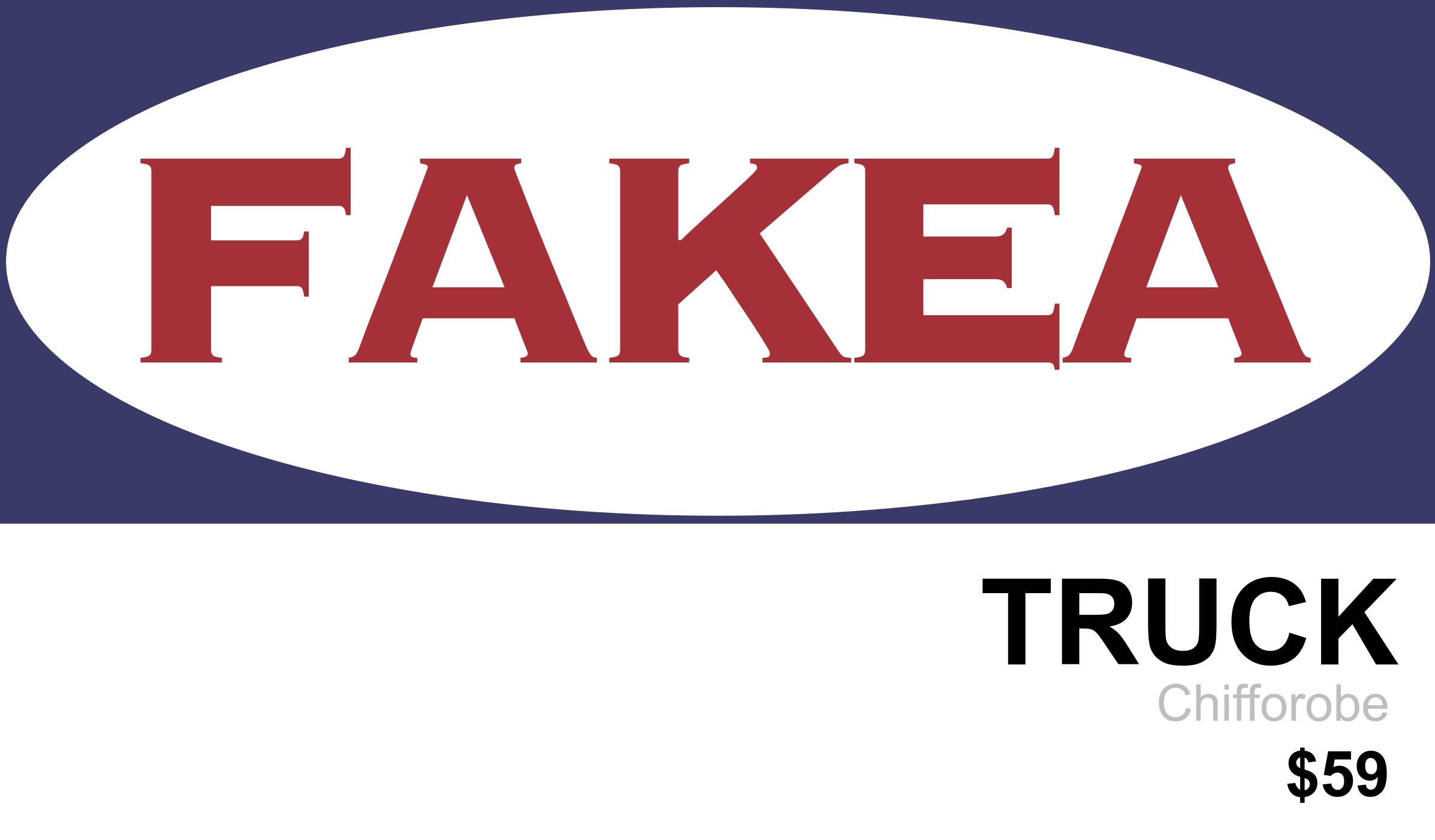Create fake furniture product names
To avoid terrible attempts at pseudo-Swedish/Scandinavian product names, here's a package that supplies you with some 12,000 fake products – all based on actual Swedish words and place names (as they should).
devtools::install_github("borstell/fakea")
I've seen the Your IKEA name is your name backwards with an umlaut on the first vowel. I don't think this is super accurate as the only Swedish "umlauts" are ä and ö (and å if you count the more uniquely Swedish letter), and ë, ï and ü are only used marginally, exclusively in loanwords. The function makea() will use the original idea if original=TRUE, but in the default original=FALSE it will substitute instances of a and o to å or ä and ö, respectively. If the additional argument swedeness is set to 1 or 2 (default is 0), a few minor corrections for di- and trigraphs in Swedish orthography are made.
> makea("Orbacka")
[1] "Äkcabro"
> makea("Orbacka", original=T, swedeness = 1)
[1] "Äckabro"
> makea("Orbacka", original=F, swedeness = 1)
[1] "Åckabro"
> makea("Orbacka", original=T, swedeness = 2)
[1] "Äckabro"
> makea("Chewbacca", original = F, swedeness = 2)
[1] "Åckåbvutj"
> makea("Schokoladechance", original=F, swedeness = 1)
[1] "Eknåchedålokosch"
> makea("Schokoladechance", original=F, swedeness = 2)
[1] "Eknåtjedalokosj"
Using makea(original=TRUE) (note the un-Swedish characters ü and ë):
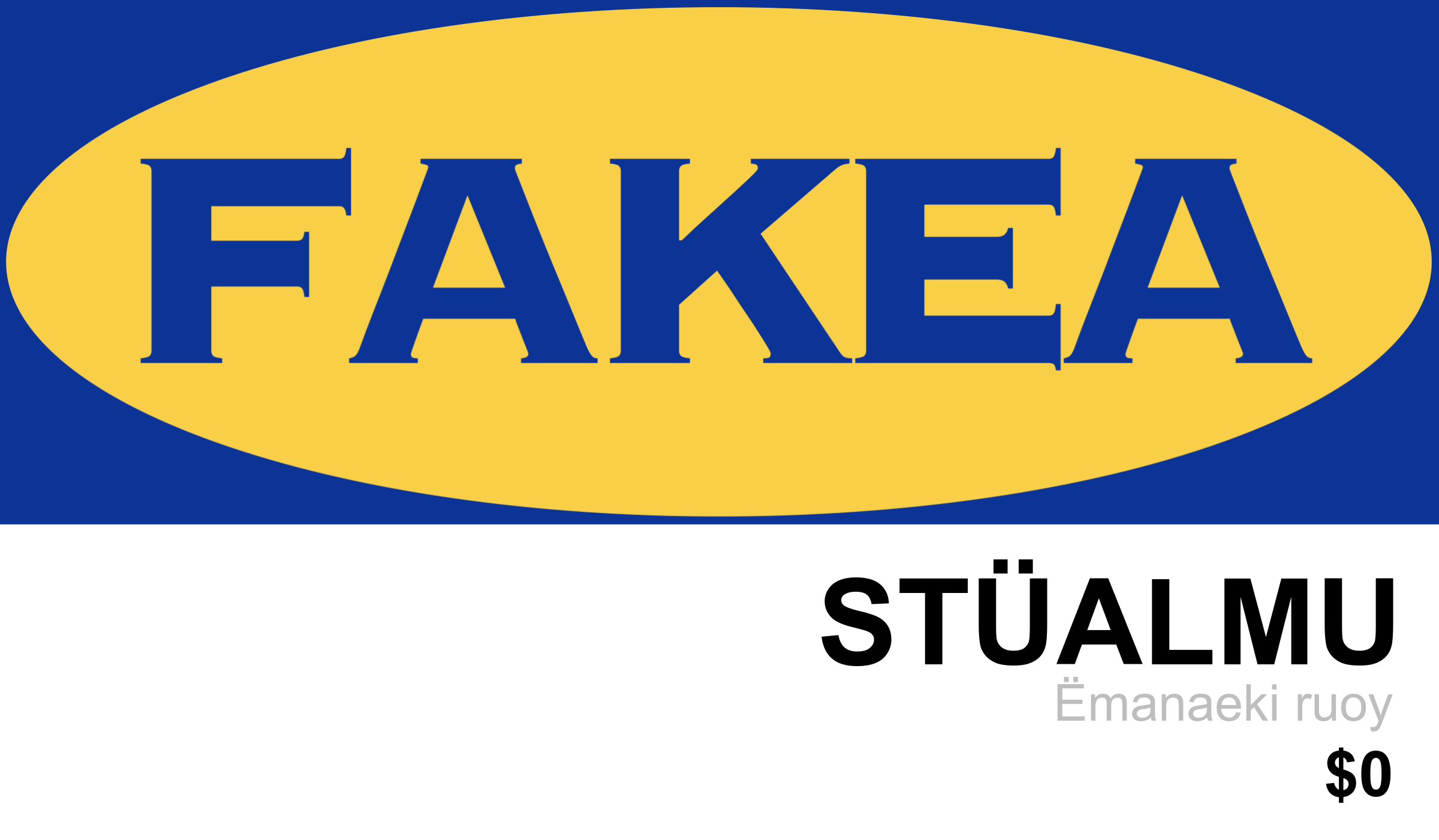
With the function swedify(), you can make any input string look more Swedish, for example by adapting some orthographic patterns to Swedish (if argument swedeness > 0) or by going bänänås by adding random ümlåuts to the string (if argument swedeness > 9000).
> swedify("Chewbacca",swedeness=1, capitalize=T)
[1] "Chewbacka"
> swedify("Skywalker",swedeness=1, capitalize=T)
[1] "Skywalker"
> swedify("Chewbacca",swedeness=2, capitalize=T)
[1] "Tjuvbacka"
> swedify("Skywalker",swedeness=2, capitalize=T)
[1] "Skyvalkare"
> swedify("Chewbacca",swedeness=9001, capitalize=T)
[1] "Tjuvbåckä"
> swedify("Skywalker",swedeness=9001, capitalize=T)
[1] "Skyvålkare"
Create automatic or custom labels in the style of the original. The logo argument is either 0 (blank label) or 1 or 2 (logotype label).
make_tag(logo=2, currency="$", language="sw", directory="path/to/outfile/directory")
make_custom_tag(logo=2, currency = "$", language = "sw", txt1 = "PRODUCT NAME", txt2 = "Product category", txt3 = "price", destfile = "path/to/outfile")
get_cat() %>%
make_tag(logo=2, currency = "$")
get_cat() %>%
make_tag(logo=2, currency = "£")
With an added language variable, you can simulate products from another country/language. Currently available:
